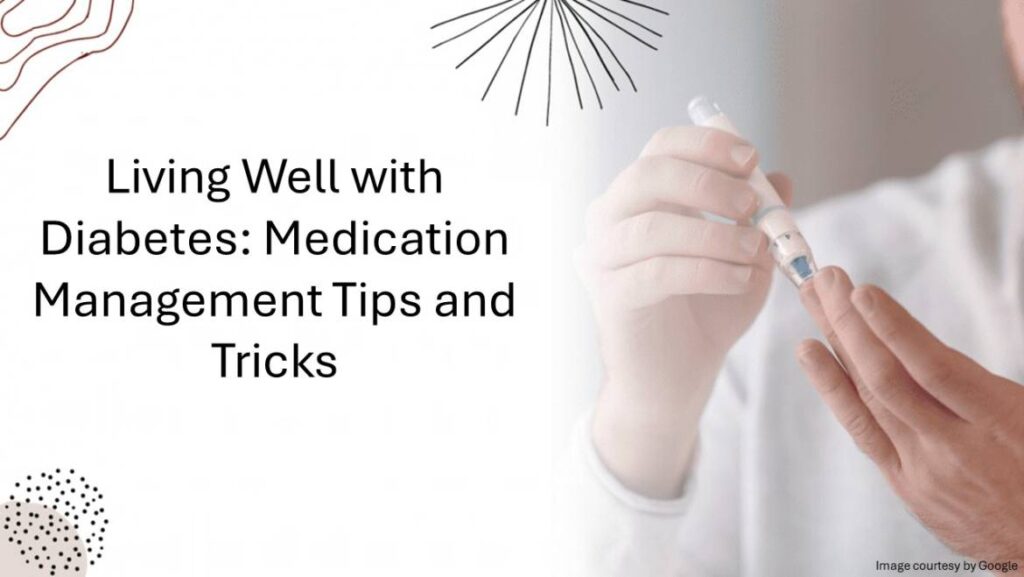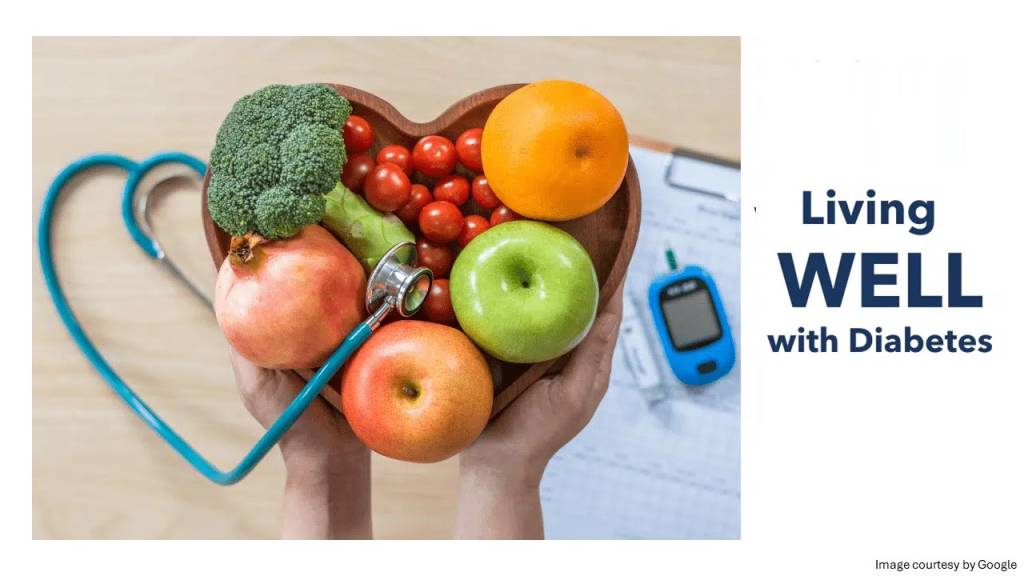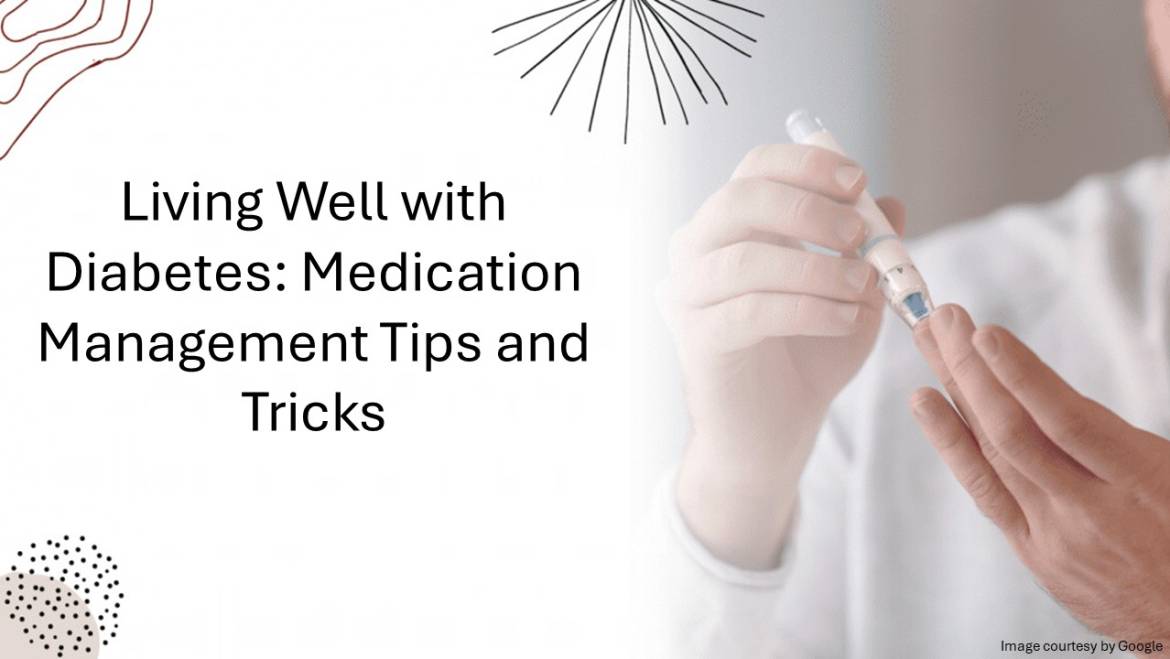
Having diabetes mellitus can make blood sugar (glucose) regulation difficult. The finest diabetic medication is recommended to some patients with diabetes in order to help maintain a healthy blood sugar level. Here are some basic information about medications for diabetes.
Having diabetes mellitus can make blood sugar (glucose) regulation difficult. The finest diabetic medication is recommended to some patients with diabetes in order to help maintain a healthy blood sugar level. Here are some basic information about medications for diabetes.
Do not wait. Diabetes is a serious illness!
Diabetes can lead to major health problems such as nerve damage, renal disease, heart attack, and blindness. For this reason, a patient has to receive treatment at the appropriate moment. Some of these major health problems can be prevented or slowed down with treatment.
Diabetes Tips
Before switching to a new diabetic medication or terminating your current one, talk to your healthcare provider about the following.
- Your target blood glucose level.
- What you should do if your blood glucose gets too low or too high
- How your diabetes medications will affect your medicines, including birth control pills.
Patients with diabetes are treated with many types of diabetes medications. Your body is affected differently by each kind. You ingest pills to take certain diabetes treatments. To treat diabetes, there are other injectable medications available.
When do I need to take diabetes medicines?
Certain individuals with diabetes require daily medication. The kind of diabetes you have and your health will determine the kind of medicine you need. If medication is necessary to treat your diabetes mellitus, your healthcare provider can advise you on the best options for both type 1 and type 2 diabetes (whatever you have).
Type 1 diabetes: Individuals with this condition either produce very little or no insulin at all. To survive, they need to get daily injections of insulin.
Type 2 diabetes: Individuals with this condition either do not make enough insulin or do not use it effectively. Some patients who take medicine for type 2 diabetes may choose to inject other drugs or use tablets. Insulin is necessary for other type 2 diabetics in order to help manage their condition.
Gestational diabetes: Pregnancy might cause some women to get diabetes for the first time. The term “gestational diabetes” describes this. Insulin is rarely necessary for women with gestational diabetes to regulate their blood sugar.
Diabetes Medicines
Diabetes medications come in a variety of forms and are mostly used to treat type 2 diabetes. Additionally, there are some pointers and advice on every type of diabetes medicine. To find out how to take your diabetes medication, consult your healthcare provider.
What medicines should I take to treat my diabetes?
Blood sugar medicines are frequently used in combination and operate differently. These are made specifically to control blood sugar. Medication alone can be used to control type 2 diabetes in certain individuals. Certain individuals with diabetes mellitus may find relief from their condition with injectable medicines. In many situations, taking an injection together with a pill may be necessary.
How do diabetes pills work?
Some medications work in the following ways:
.Prevent your liver from producing too much sugar.
.Encourage your body to use insulin more efficiently.
.Encourage the pancreas to generate more insulin.
.Some carbs require a slower rate of digestion.
What things might affect diabetes pills to work?
- Severe liver or kidney problems
- Alcohol consumption
- Over-the-counter medicines for different ailments
- Other illnesses

What should I know about using my prescription drugs for diabetes?
Daily, take your tablet at the appropriate time.
Ensure that you eat at the scheduled times.
Bring your medication list with you to every appointment with your doctor.
It is critical to be aware of any prescription you take.
Diabetes medication examples and how they function
1)Metformin and Glucophage: These drugs prevent the liver from producing an excessive amount of glucose. They improve the absorption of glucose in the intestines. aids in lowering blood sugar levels prior to meals.
2)Glyburide, Glipizide, and Glimepiride: These drugs are in the sulfonylurea class. They facilitate the pancreas’ increased insulin secretion.
3)Pioglitazone: This class of thiazolidinediones medicine increases insulin sensitivity in the liver and fat cells. It works well to reduce blood sugar levels as well.
4)Sitagliptin, Onglyza, Januvia, Trajenta, Lingrafitin, and other DPP4 inhibitors: These hormones block the breakdown of GLP-1, which enhances the pancreas’ ability to produce insulin.
Medicines to reduce cardiovascular disease risk
To lower your blood sugar and lessen your risk of cardiovascular disease, your doctor may prescribe a mix of medications. Medicines for high blood pressure or cholesterol may be prescribed to you.
Do I need insulin shots?
One hormone that is produced by our bodies naturally is insulin. This hormone is not produced in sufficient amounts by your body when you are diagnosed with type 2 diabetes. Insulin may be prescribed by your healthcare provider in addition to medications.





